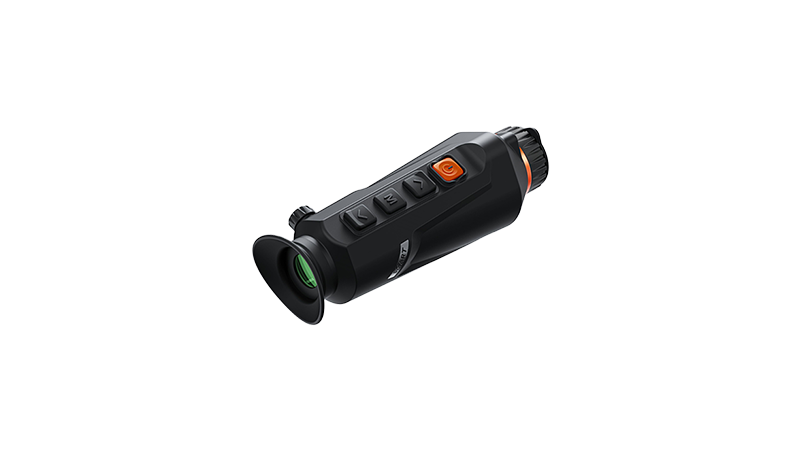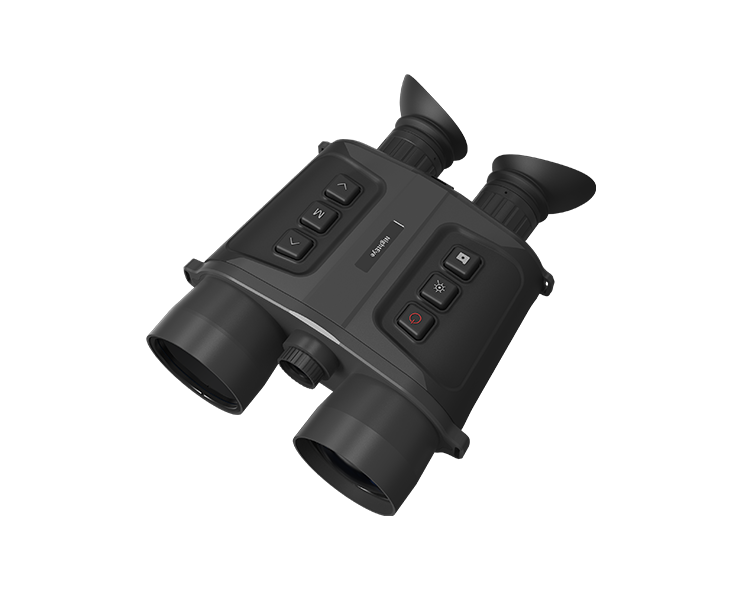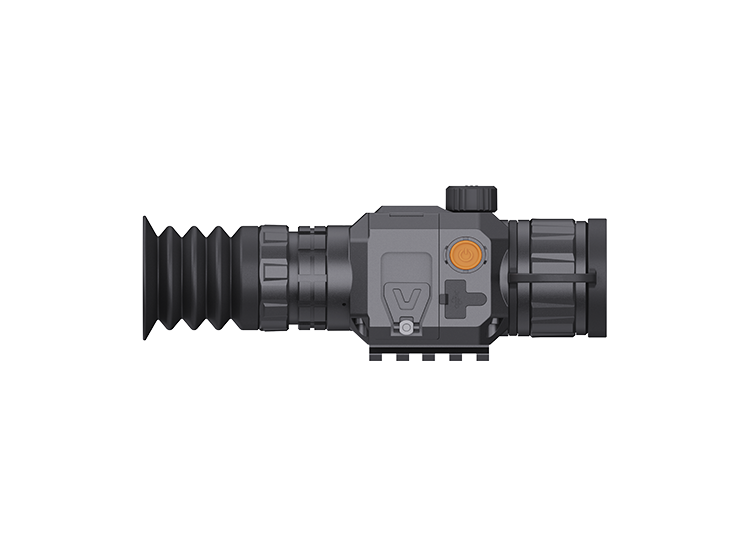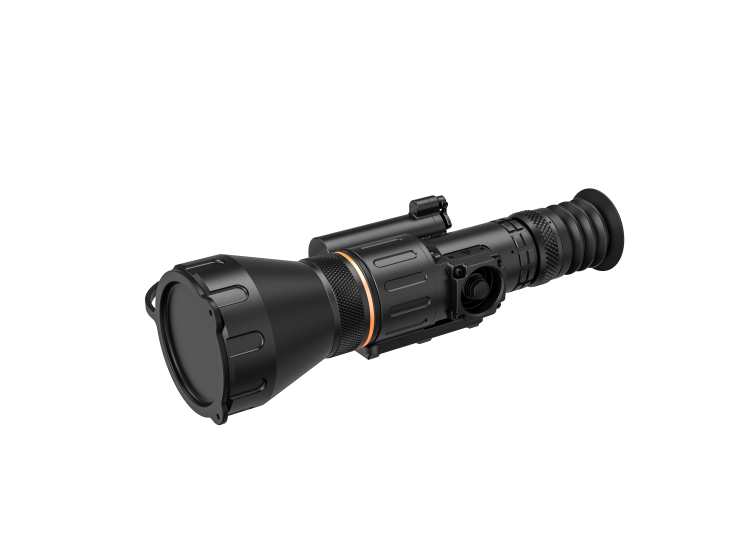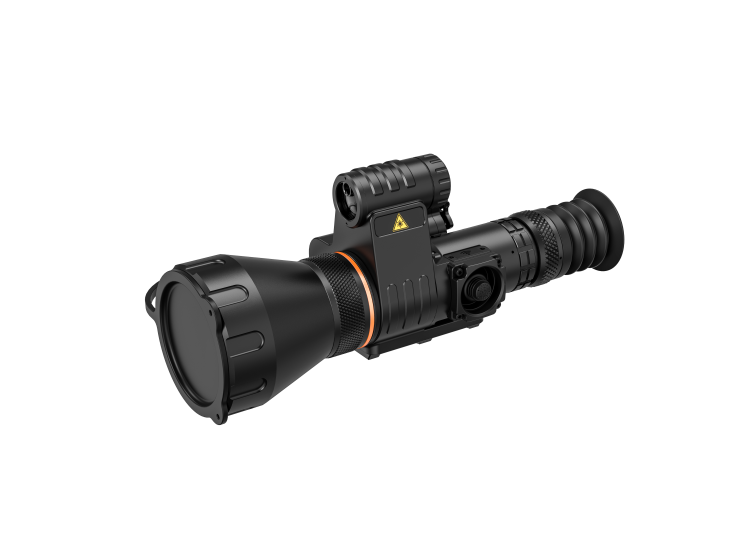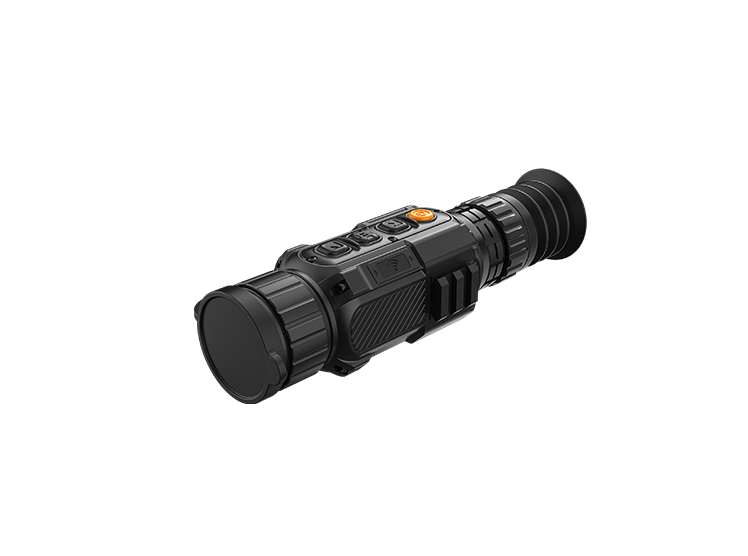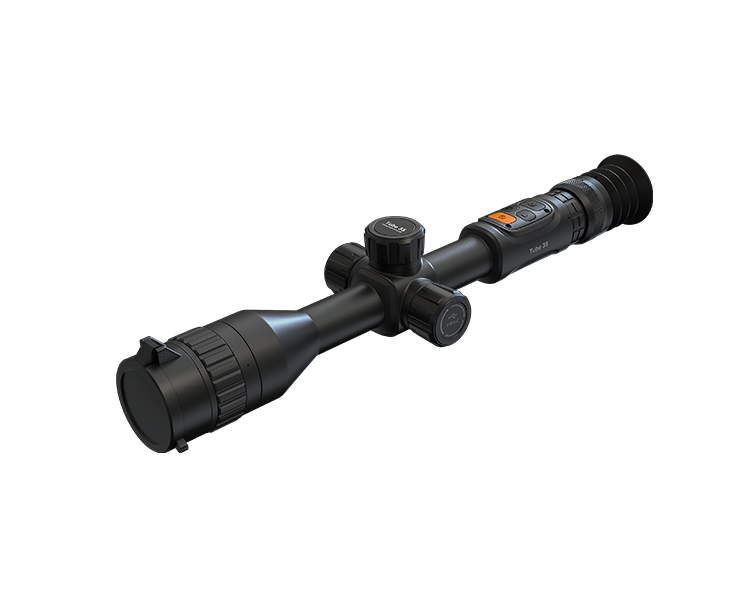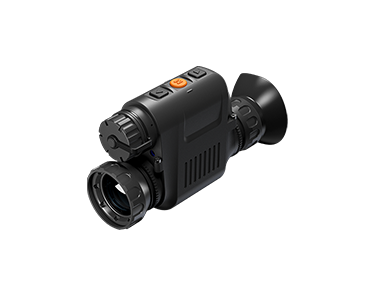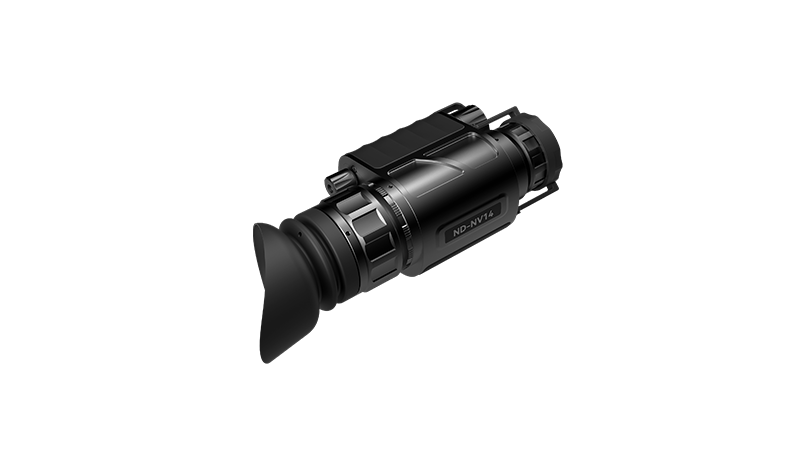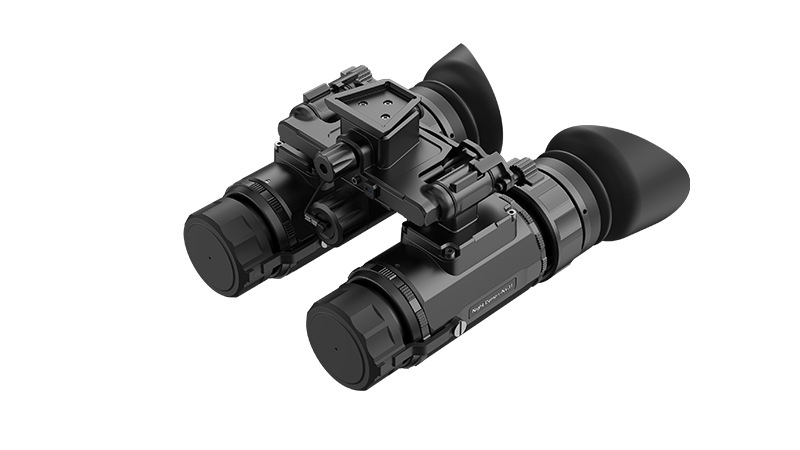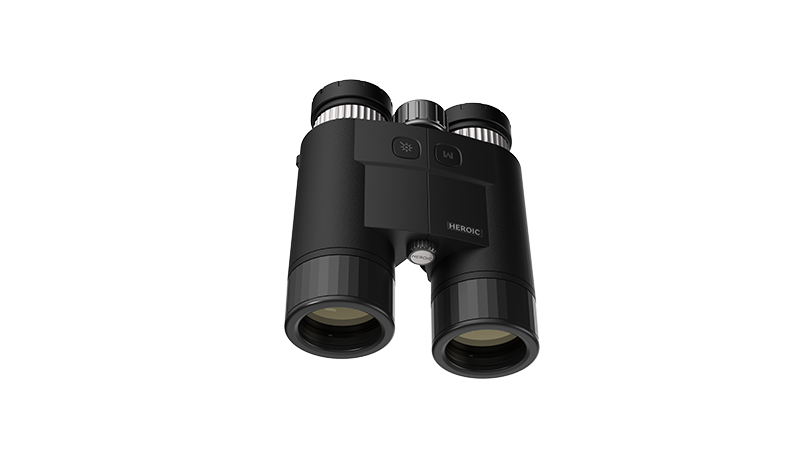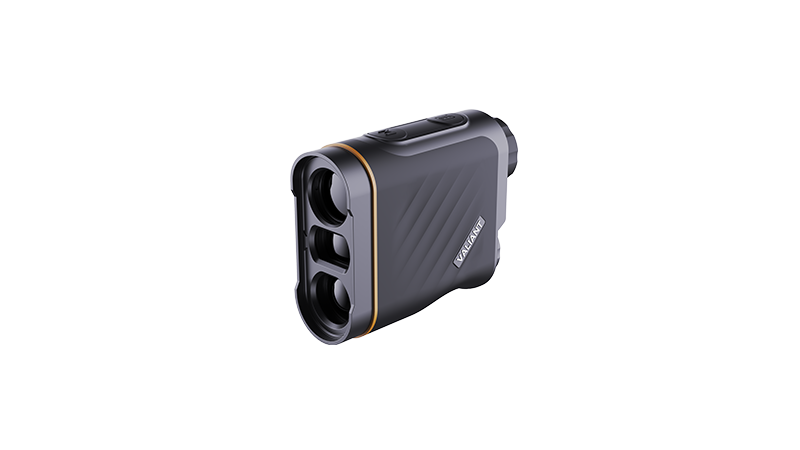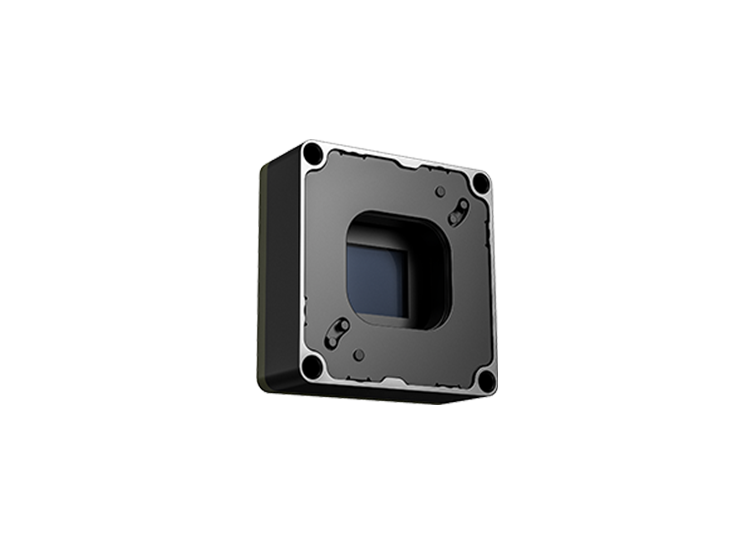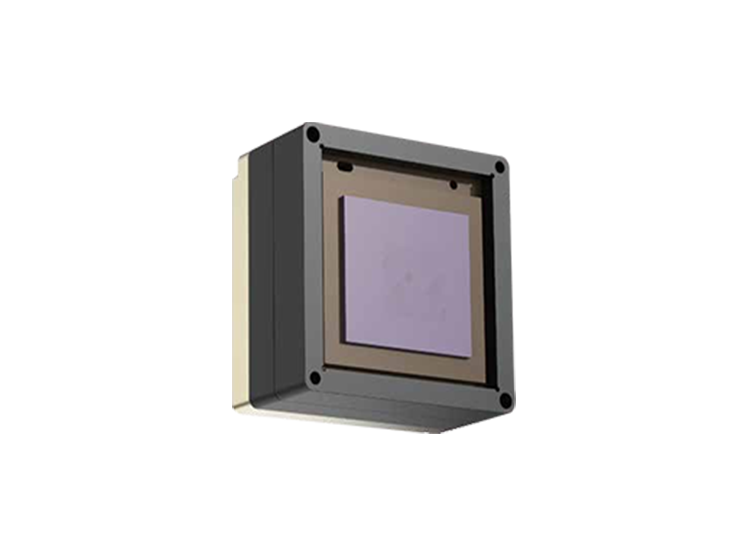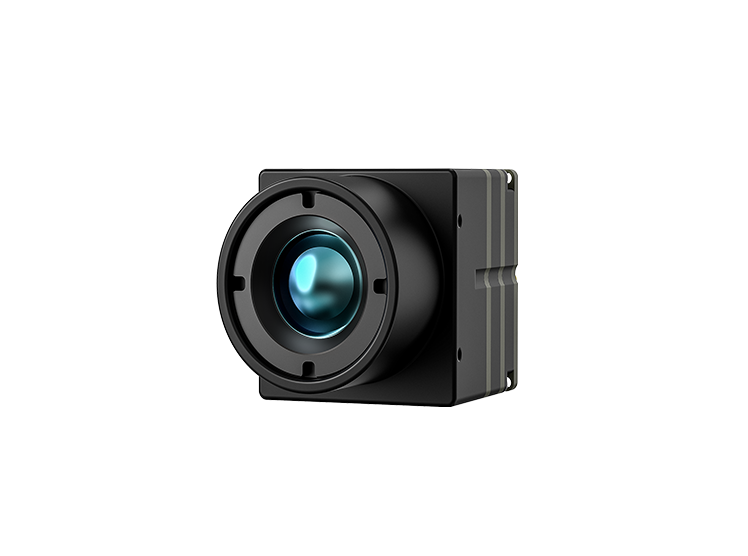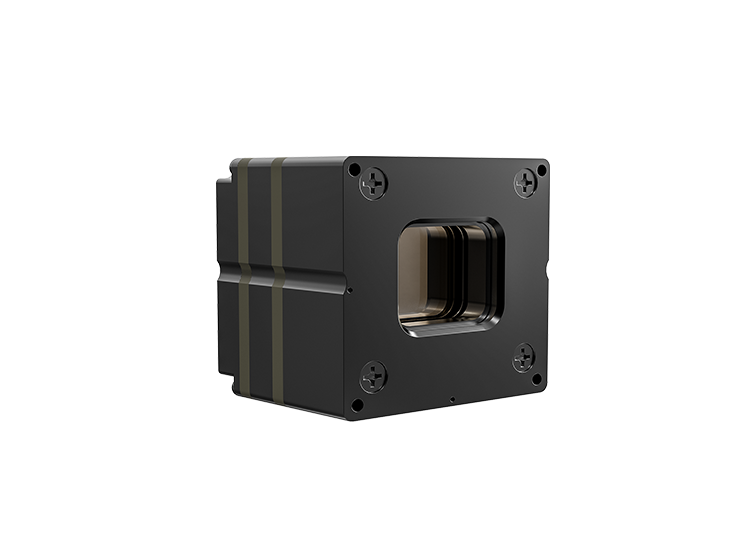Critical Insights: Differentiating Thermal Heat Detectors from Traditional Smoke Alarms
2025/11/28Fire safety is a critical concern for both residential and commercial properties, leading to the widespread use of various detection systems. Among these, thermal heat detectors and traditional smoke alarms are two prominent technologies employed to identify fire hazards. While both serve the essential purpose of enhancing safety, they operate based on different principles and offer distinct advantages.

Operational Mechanisms: Heat vs. Smoke Detection
Traditional smoke alarms function by detecting smoke particles in the air. They typically use either ionization or photoelectric technology to sense the presence of smoke, triggering an alarm when smoke levels exceed certain thresholds. While effective at detecting smoldering or fast-burning fires, smoke alarms can sometimes respond to non-fire-related sources, such as cooking fumes or steam, leading to false alarms.
On the other hand, thermal heat detectors operate by measuring changes in temperature within their environment. These devices are designed to trigger an alarm when the temperature exceeds a predetermined threshold, indicating a potential fire. Thermal heat detectors are less prone to false alarms since they respond specifically to heat, making them particularly effective in environments where smoke is not a reliable indicator of fire, such as kitchens or areas with high humidity.
Response Time and Application Suitability
The response time of thermal heat detectors can vary based on the type and class of the device. Generally, they are slower to react compared to smoke alarms, which can detect smoke almost instantaneously. However, the context of their application can determine their suitability. For instance, thermal detectors are often preferred in environments with high dust or smoke levels, where traditional smoke alarms may frequently trigger false alarms.
Additionally, thermal heat detectors can provide valuable temperature distribution data at fire scenes, contributing to more effective firefighting and rescue operations. By understanding how temperature changes during a fire's development, responders can make informed decisions about their strategies, improving safety for both personnel and property.
Integration with Modern Fire Safety Systems
The integration of thermal heat detectors into modern fire safety systems offers advanced monitoring capabilities. For example, the use of infrared thermal imaging technology can help establish a detailed temperature profile of a fire scene, aiding in fire investigations and response strategies. This technology allows for real-time temperature monitoring, which is invaluable for detecting overheating situations in high-voltage environments, such as charging piles.
IRVOTEX specializes in providing innovative thermal detection solutions that enhance fire safety measures. Our systems utilize cutting-edge infrared technology to monitor temperature distributions effectively, supporting both firefighting efforts and early hazard detection. By integrating thermal heat detectors into existing safety frameworks, we enable organizations to enhance their fire prevention strategies significantly.
Enhancing Fire Safety with IRVOTEX Solutions
Understanding the fundamental differences between thermal heat detectors and traditional smoke alarms is essential for optimizing fire safety strategies. Each technology has its strengths, and their appropriate application can greatly enhance safety measures. At IRVOTEX, we are committed to delivering advanced thermal detection solutions that meet the diverse needs of our clients. Our expertise in infrared thermal imaging technology ensures that our thermal heat detectors provide reliable performance, enhancing safety in various environments. We invite you to partner with us to elevate your fire safety protocols and protect your assets effectively.
 +86 (028) 8535 5966
+86 (028) 8535 5966 +86 17323184180
+86 17323184180 irvotex@votinfrared.com
irvotex@votinfrared.com

